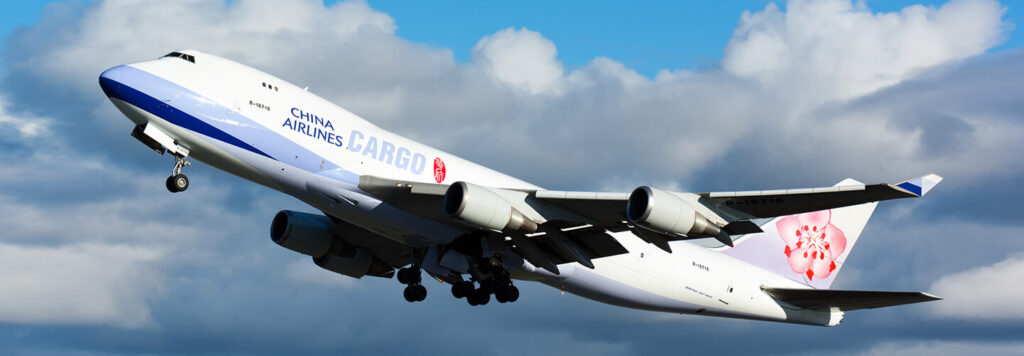Under the impact of the COVID-19 epidemic, the aviation industry has had miserable performance this year. China Airlines, the flag carrier of Taiwan, recently announced that it had suffered a significant loss of nearly NT$3.8 billion (US$127 million) in the first quarter, the worst since 2009. EVA Air, the other major carrier from Taiwan, also released a financial report on Wednesday with gloomy numbers. The single-quarter after-tax loss was NT$1.22 billion (US$40.8 million), the most substantial loss since the first quarter of 2012.
EVA Air explained that the global aviation industry was in stagnation in the first quarter. The passenger aircraft were mostly grounded, resulting in the falling of the belly capacity of the passenger aircraft. The airline’s passenger traffic decreased by 26.1%, the revenue from the passenger section was NT$18.64 billion (US$ 623.3 million), a year-on-year decrease of 28.1%. Meanwhile, the income from the cargo section grew against the trend, reaching NT$6.38 billion (US$ 213.3 million), an annual growth of 4.8%, reflecting the increase in freight rates contributed by the soaring need of PPE transportation. Though the unit income increased by 7.5%, it still could not have made up for the gap made by passenger transport decline.
Looking at the second quarter, the performance of the aviation industry is still sluggish due to the travel restriction until the end of May. The legal person of EVA Air believes that the epidemic will continue to bring a negative impact to the second quarter, as two months of the second quarter are doomed to be affected by the low passenger flight operations.
To survive, EVA Air sent one B777-300ER from its main fleet for conversion earlier this month. The B777 with serial number B-16715 is under the C-level maintenance, and the seats in the cabin will be removed for cargo capacity expansion. The board of directors of EVA Air also decided to issue the fourth domestic unsecured convertible bond, with a total denomination of NT $ 10 billion (US$3.34 billion) as the upper limit. EVA Air stated that the funds obtained will be used to repay bank loans and corporate bonds.
On the other hand, China Airline also tries to make more profit from transporting air cargo on its passenger B737 seats, adding more capacity on top to its 18 B747 cargo aircraft. Earlier, the board of directors of China Airlines also approved that it will dispose of five A330-300 passenger aircraft through sale and leaseback to improve finances. The price is still in the stage of commercial negotiations, and the amount is not determined.
